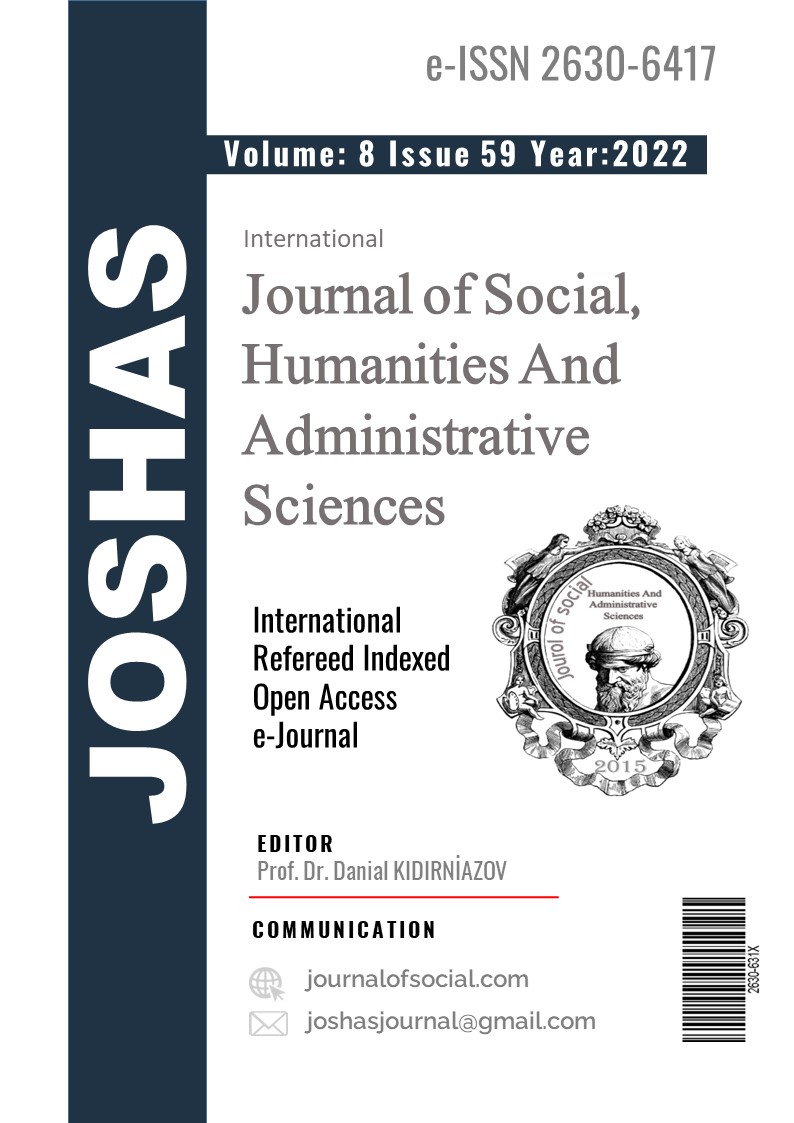Author :
Abstract
Devlet teşvikleri, toplumun refah düzeyini arttırmak ve ekonomisini uzun vadede geliştirmek amacıyla işletmelere verilmektedir. Türkiye’de teşvik sistemi ekonominin geliştirilmesi ve bölgesel dengesizlikleri gidermek amacıyla yapılmaktadır. İlgili teşviklerin amacına uygun olarak kullanılıp kullanılmadığının kontrolü teşviklerin tahsis edilmesi kadar önemli bir konudur. Yerinde kullanılmayan devlet teşvikleri kaynak israfına sebep olarak ülke ekonomisine de zarar vermektedir. Bu çalışmada, devlet teşviklerinin bağımsız denetim süreci örnek bir vaka analizi yapılarak ele alınmıştır. Bu kapsamda devlet teşviklerinin bağımsız denetimi esnasında izlenen süreç ortaya konmuş ve işletme kayıtlarına etkisi ele alınmıştır. Devlet teşvikleri, TMS-20’ Devlet Teşviklerinin Muhasebeleştirilmesi Ve Devlet Yardımlarının Açıklanması Standardı’ nda yer alan brüt yönteme göre muhasebeleştirilmiştir. Denetim sürecinde ise devlet teşviklerinin kilit denetim konusu olarak belirlenmesi açısından ele alınmıştır. Devlet teşviklerinin bağımsız denetimi sayesinde, hem işletme hem de devlet açısından teşviklerin amacına ulaşıldığı sonuna varılmıştır. Çalışma devlet teşviklerinin bağımsız denetimiyle ilgili olarak bir rehber niteliği taşımakta olup literatüre katkı sağlamaktadır.
Keywords
Abstract
Government incentives are given to businesses in order to increase the welfare level of the society and to develop its economy in the long run. Incentive system in Turkey is carried out in order to develop the economy and to eliminate regional imbalances. Controlling whether the relevant incentives are used in accordance with their purpose is as important as the allocation of incentives. Government incentives that are not used properly cause waste of resources and harm the country's economy. In this study, the independent audit process of government incentives is discussed by making a case study. In this context, the process followed during the independent audit of government incentives was revealed and its effect on business records was discussed. Government grants are accounted for in accordance with the gross method in TAS-20' Accounting for Government Incentives and Disclosure of Government Aids. In the audit process, it was discussed in terms of determining government incentives as a key audit issue. Thanks to the independent audit of government incentives, it has been concluded that the purpose of the incentives has been achieved in terms of both the enterprise and the government. The study serves as a guide for the independent auditing of government incentives and contributes to the literature.





